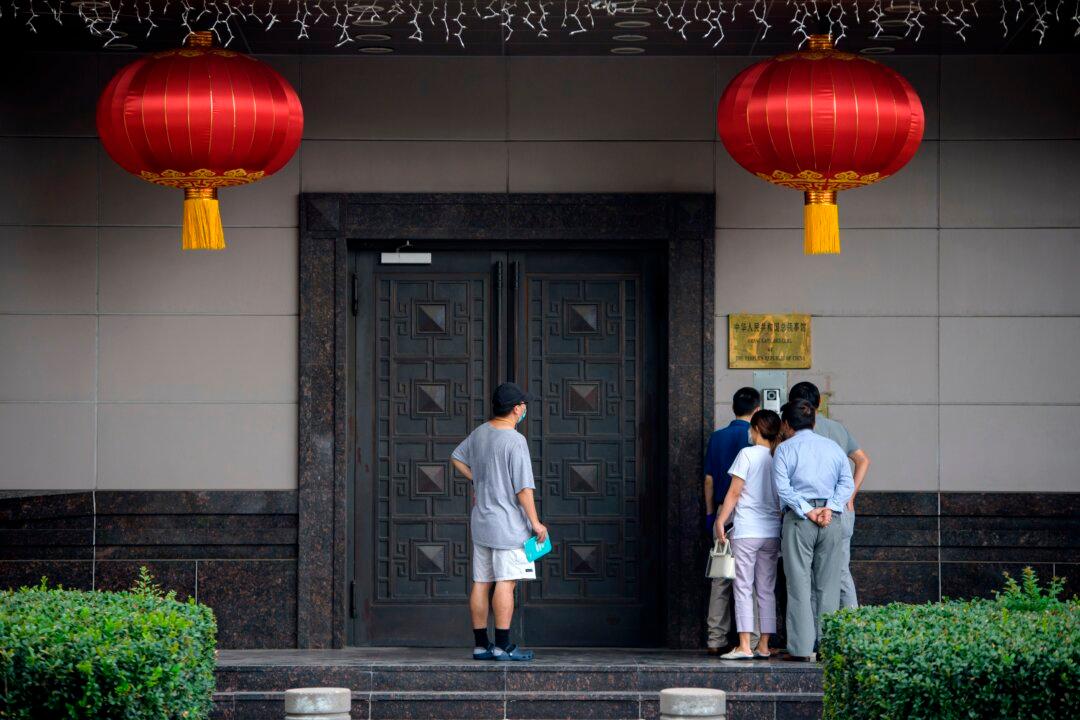As the United States ramps up efforts to curb Chinese infiltration of American campuses, a leaked document sheds light on the amount of control the Chinese regime exercises over its scholars who study abroad.
The document, obtained by The Epoch Times from a trusted source, concerns a professor from Yunnan Province in southwestern China, who requested authorities to allow an extension of her stay in the United States for two plant biology research programs at New York’s Cornell University—with the expectation that she report regularly to the local Chinese consulate.





